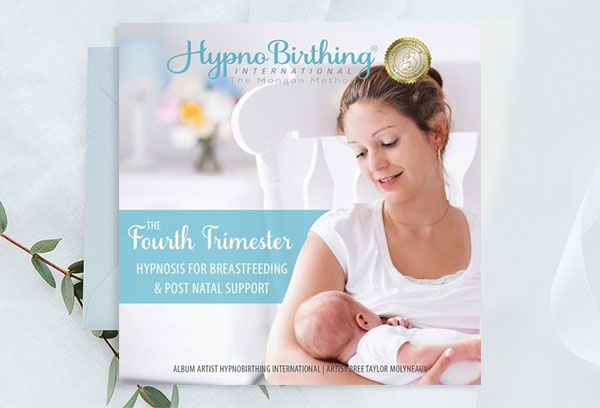After having a baby, there is a tremendous fluctuation in hormones, a drastic shift in sleep schedules, and an array of feelings surrounding this transformative life experience. With the right support, education, and circumstances, this can be a beautiful time for a new mom. However, most women in today’s world face an array of unique challenges that can make them more vulnerable to postpartum depression (PPD). Particularly in a time when COVID-19 lockdowns have sparked a larger scale mental health crisis, understanding how to prevent postpartum depression is of the utmost importance for new and expecting parents.
How common is postpartum depression?
The first step to prevent postpartum depression is recognizing just how many parents experience this condition. PPD is the single most common complication related to pregnancy. The CDC reports that about 1 in 8 women experience postpartum depression, nationally. Others report that instances of postpartum depression are even higher than that. However, hypnobirthing parents experience lower rates of PPD compared to the general population.
Fact: Men can develop postpartum depression too. According to a 2010 study, about 4% of fathers experience depression in the first year after their child is born.
Risk Factors for PPD
Some people are at a greater risk of developing postpartum depression. Knowing the risk factors for postpartum depression allows us to identify people who are
more likely to develop this condition. Awareness also creates an opportunity to provide these individuals with more support and tools to prevent possibly
developing depression. Common risk factors for PPD include:
- Lack of social support
- Personal or family history of depression
- Difficulty getting pregnant
- Multiples pregnancy (ie: twins, triplets)
- Being a teenage mom
- Preterm (before 37 weeks) birth
- Unique circumstances during pregnancy/birth
- Stressful life events
- NICU stay for baby
Tips for Preventing Postpartum Depression
Create a Plan Before Baby Arrives: Expecting someone to figure out how to overcome postpartum depression when they are already experiencing it is like telling them to learn how to swim when they are already drowning. Overcoming any challenge becomes so much easier when you have people ready to support you, you are told what to expect, and you have a plan in place. Simply having the plan in itself can even provide peace of mind that reduces the risk of PPD.
Avoid Unnecessary Cesareans: Vaginal births are correlated with lower rates of PPD. While surgical births may be the best option based on an individual’s unique circumstances, they should be avoided where necessary. And if a cesarean birth is determined to be necessary, discuss options for a gentle or family-centered cesarean with your provider.
Encourage Bonding: Skin-to-skin contact, breastfeeding, and cuddles all trigger the production of oxytocin, the love hormone. Higher levels of these feel-good hormones help the brain and body counteract the challenges of postpartum and reduce the chances of developing depression.
Embrace the Fourth Trimester: Sometimes referred to as the Golden month, the idea behind the fourth trimester is to spend the first 40 days following birth focusing on healing, bonding, and nurturing. Overdoing it can lead to feelings of inadequacy, but rest can help you heal. Don’t be concerned with entertaining visitors, keeping a perfectly clean house, or going to the gym. No one can do it all and don’t let anyone make you think otherwise.
Accept Help From Others: If friends or family want to help, let them! Let them come over and do your dishes or let them drop off a meal. Again, you don’t have to do it all yourself!
Take a HypnoBirthing Class: HypnoBirthing teaches deep breathing, visualizations, and deeping to help bring about a state of relaxation and healing. These practices can carry beyond birth, helping bring about mental and physical healing during postpartum and throughout life.








